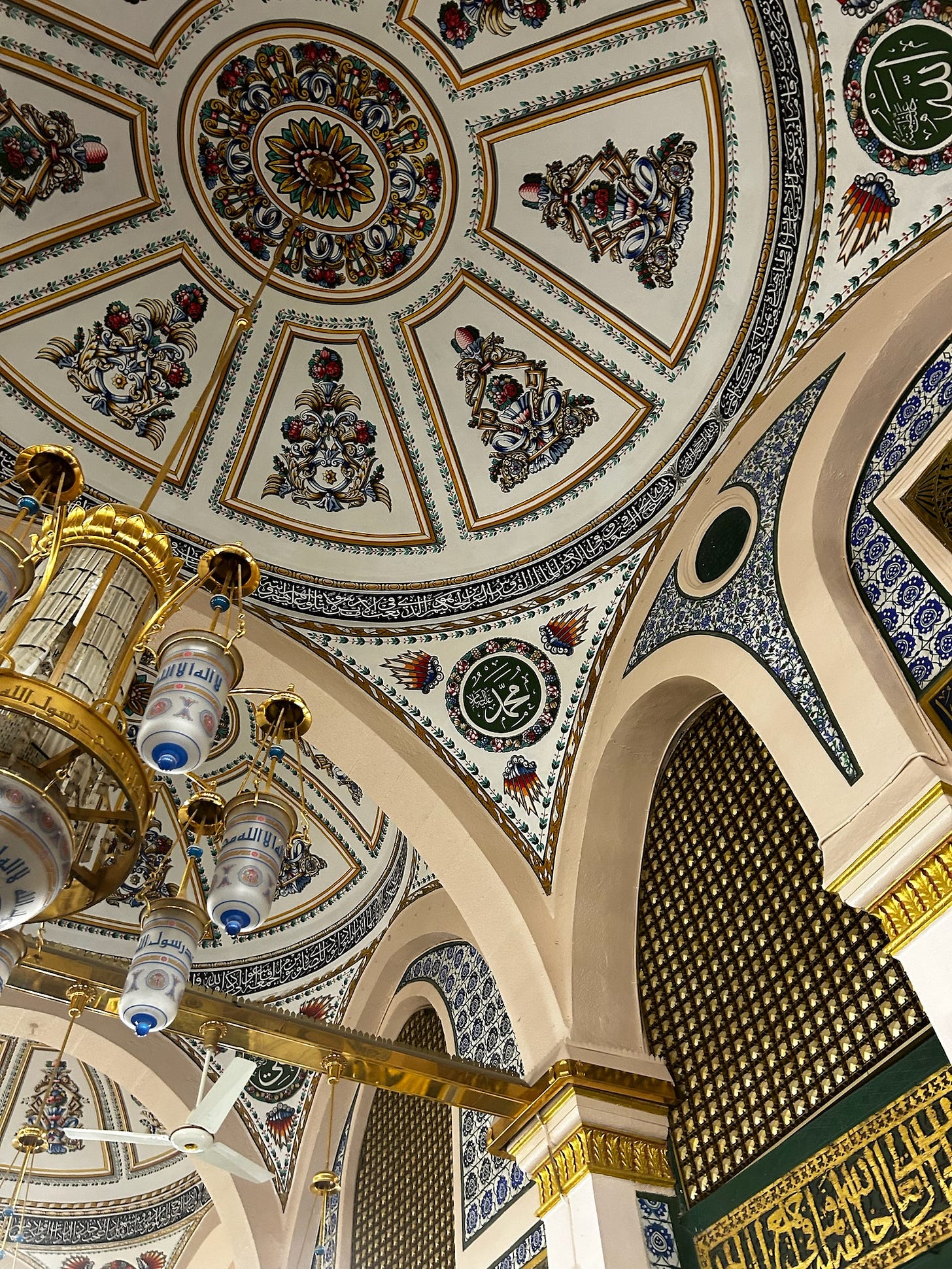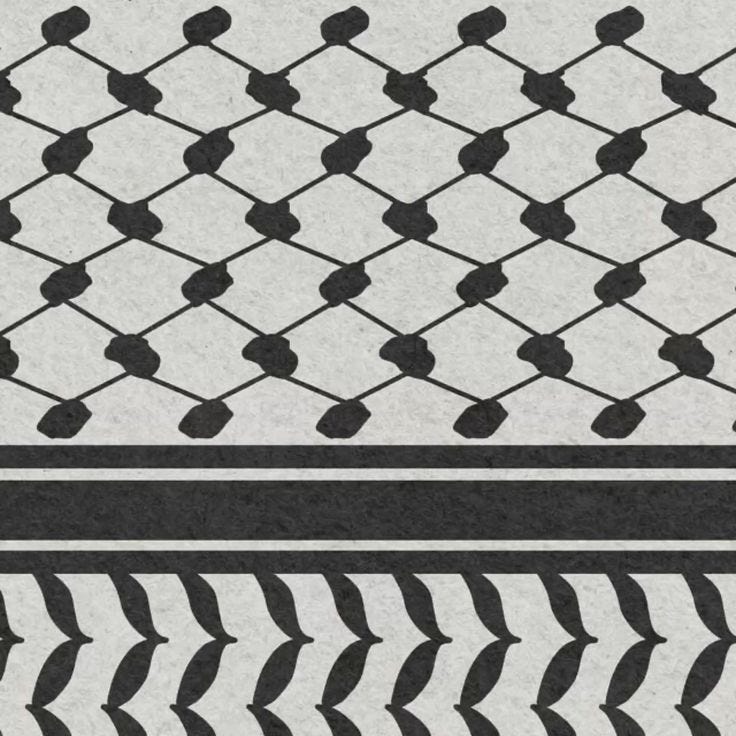On how guilt distorts our worship
Guest writer Aisha Patel writes for those who feel like they have not done enough this Ramadan
Welcome to The Ramdan Edit where I will be sharing collaborative pieces and guest works by other Muslim writers.
The Ramadan Edit so far:
Our Eid 2025 gift guide with Muslim Sisterhood of Muslim and PoC makers
Rez Rahman wrote On reimagining Bengali nostalgia with iftar at Roti Mami's
I wrote On "I've thought myself out of happiness one million times, but never once into it”
Thank you for all being here and reading The Aram. If you’re enjoying the newsletter please support it by sharing with Loved Ones and becoming a paid subscriber.
There is currently a Ramadan offer of 25% off meaning £37.50 instead of £50 annually and £3.75 instead of £5 monthly. This allows me to keep writing this Love Letter to you every week. Early Eid Mubarak!
I remember sitting alone one night, the weight of guilt pressing so heavily on my chest that I couldn’t even lift my hands in dua. I had missed yet another prayer, and the shame was suffocating — not just because I had let myself down but because I felt like I was failing God.
If I truly loved Allah, why did I keep slipping? Why couldn’t I just get it right? And the more I missed, the harder it became to return. Soon, it wasn’t just about the prayers — it became about me. I was a disappointment.
For many of us, Islam was taught as a list of rules: pray on time, dress modestly, avoid sin. When we slip — and we always do — the first thing we feel isn’t reflection but shame. If you struggle with the basics, like hijab or praying on time, that feeling of inadequacy only deepens. You start believing you’re not enough, that your flaws make you a weak link in the community.
Then there are the things we love that seem to pull us even further away from God. For me, it’s music, fashion, dancing — all things I was told to avoid. And so, the guilt piles up. Your mistakes start to feel endless, and slowly, they build a wall between you and Allah.
It becomes a vicious cycle. The more guilt you feel, the more you avoid acts of worship. You think, If I can’t forgive myself, how could Allah? The distance grows. The mistakes feel insurmountable. You begin to feel beyond redemption.
At least, that’s how it was for me.
One night, after weeks of avoiding prayer, I sat in the dark with my heart so heavy I thought it might burst. Sleep wouldn’t come. I hadn’t spoken to Allah in so long because I was so ashamed. But as I lay there, pretending to sleep, a quiet realisation settled over me: my guilt was keeping me from the one thing that could heal me.
Keep reading with a 7-day free trial
Subscribe to The Aram by Tahmina Begum to keep reading this post and get 7 days of free access to the full post archives.









